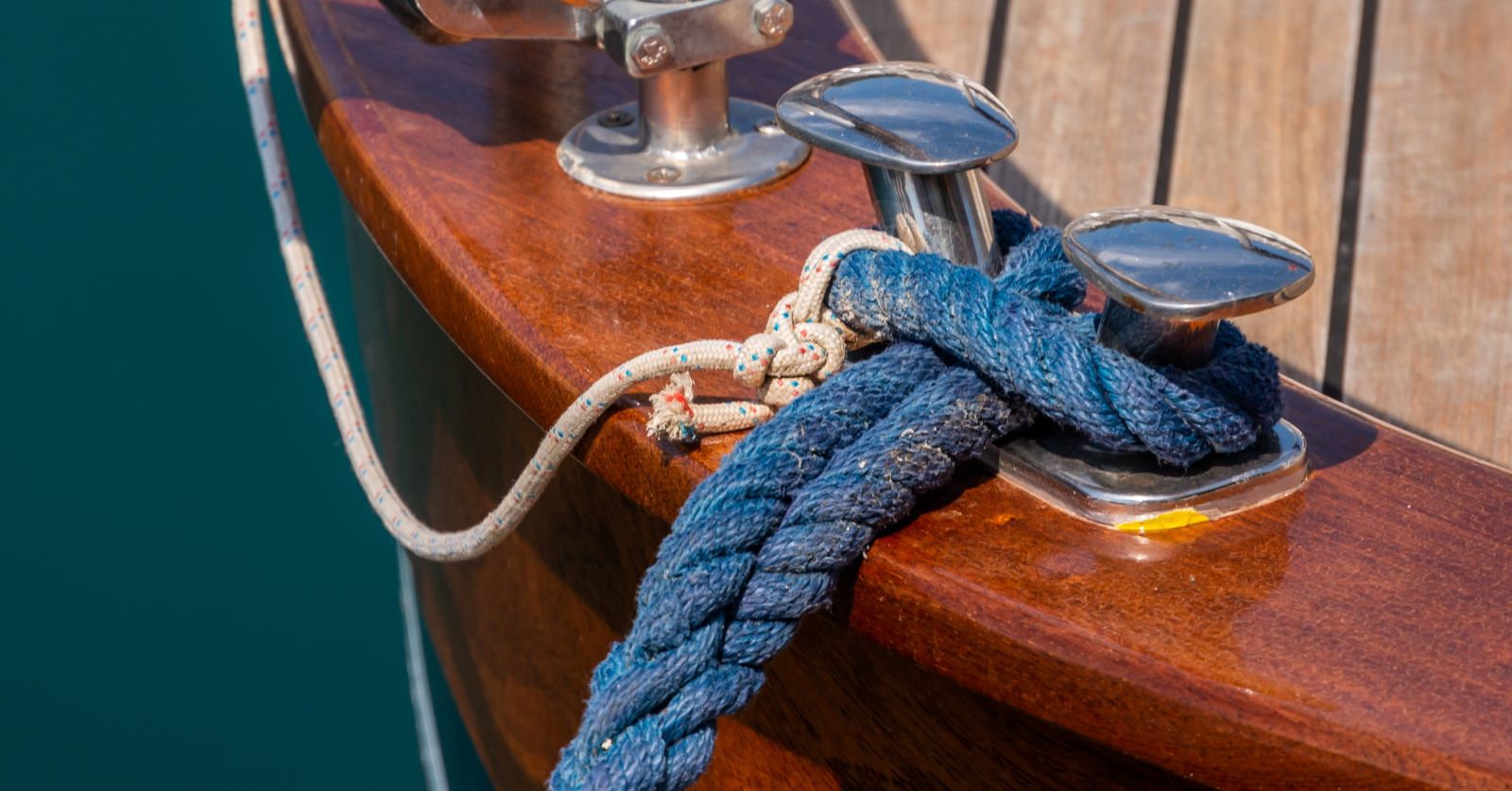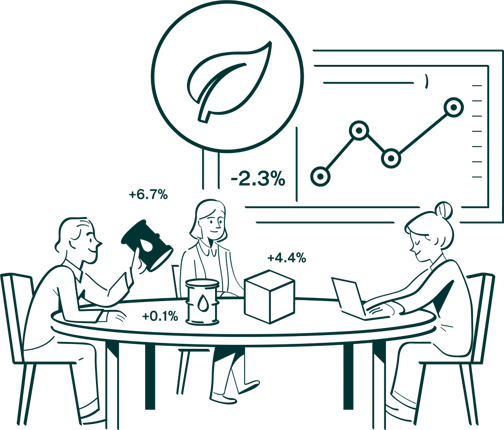
 1. In the overall context of global sustainability, how important is sustainability in shipping and why?
1. In the overall context of global sustainability, how important is sustainability in shipping and why?
According to the International Chamber of Shipping, around 90% of global trade is carried by the international shipping industry. Sustainability and shipping are thus deeply linked and interdependent. The challenges, opportunities, and changes related to sustainability in global trade will impact shipping for years to come.
For leaders in the shipping industry, sustainability is not simply a matter of reducing carbon emissions (although this is clearly a central challenge) but also understanding how sustainability efforts in other industries might affect shipping demand and supply.
There are many different pressures, including variations in government regulations; shifts in supply chains; changes in consumer demand; and advances in technology, among others. Some of these pressures will have a rapid and direct effect on top-line revenue or bottom-line profitability, while the impact of others may be more gradual or indirect.
2. What are risks or pitfalls to avoid in developing more sustainable solutions?
The precision that is so important in shipping cannot (yet) be applied to developing sustainable solutions. A more experimental mindset and approach are needed.
Given the wide-ranging uncertainty surrounding sustainability, flexibility is imperative. On the one hand, there is substantial risk associated with developing "one and done" or "closed" solutions that cannot be adjusted in response to changing conditions. A technological solution or regulatory response that works today may not be effective tomorrow. On the other hand, some kind of structure is needed to support specific outcomes, standardization, and scale. This is the difficult balance that is required - and it is importantly different from traditional ways of managing and operating in the shipping industry.
Developing sustainable solutions may involve new and different goals, processes, criteria, metrics, and outcomes - essentially, what John Kotter of Harvard Business School calls a "second operating system," which works alongside the established organization. Understanding these differences - where traditional approaches are effective and where new approaches are needed - is important for sustaining the established business and developing the new solutions. Above all, maintaining performance while also developing more sustainable solutions requires leadership and culture that encourage experimentation, iteration, and learning.
3. How can technology be leveraged to support sustainability ?
Data and technology can provide the structure for developing sustainable solutions. The crucial question is what kinds of information you can measure and manage - and how to operationalize that information. As with other sustainable solutions, it is important to allow for experimentation, iteration, and learning.
4. What's the one thing that you'd want our readers to take away from this roundtable?
Sustainability is not just carbon emissions. Rather, sustainability in shipping is influenced by a wide range of competing pressures that extend beyond the industry to global trade, economics, politics, society, technology, and the environment. Given the tremendous uncertainty and rapid change, it is crucial to take a broad and long-term view of the problems and solutions related to sustainability in shipping. Look beyond what you know to what you don't know. Look beyond your current ways of operating to consider the new opportunities and risks that are emerging. Above all, be willing to experiment and learn, lead your organization and build an innovation culture by balancing the need for structure and flexibility.

These Stories on Decarbonisation